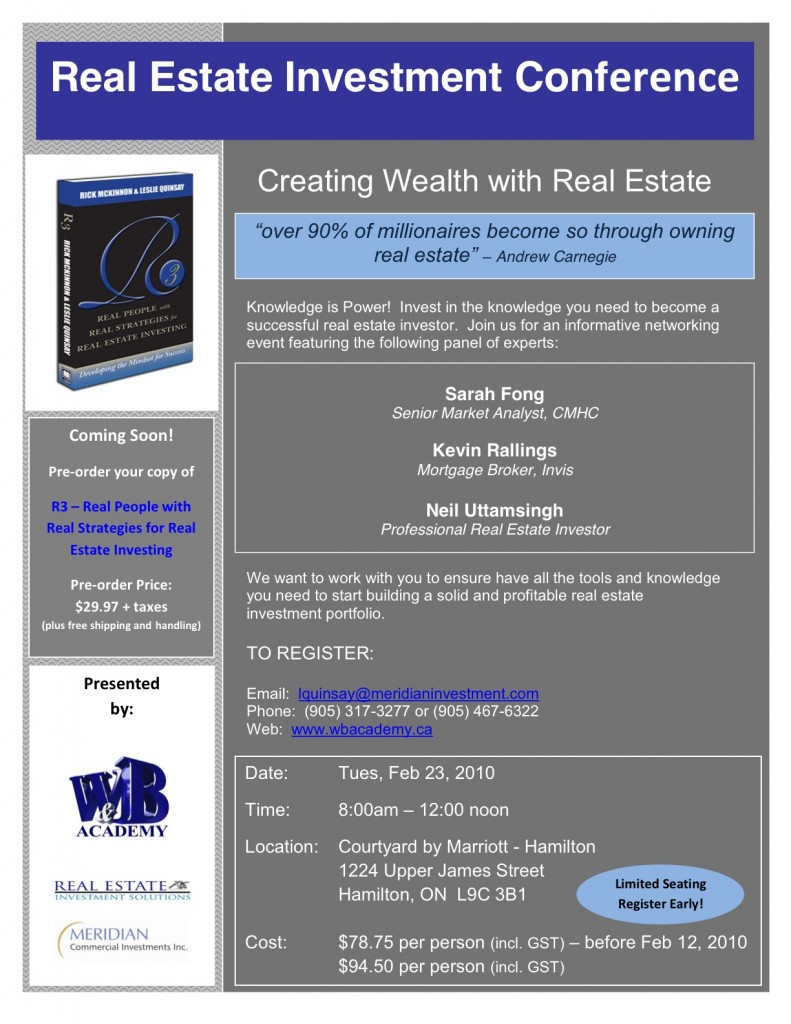
Real Estate Investors, it is time to step up to the plate.
I have a call to action for you.
Your help is needed more than ever right now.
As you know, on January 12th 2010, Haiti was struck by it’s most powerful earthquake in 200 years.
Damaged communication channels have made it very difficult to know how many people have died. However, it is estimated that thousands of people have lost their lives.
3 million people have been affected by this devastating earthquake. This is one third of Haiti’s population.
Photographs and television coverage of the devastation have been seen around the world. The images are awful. We can see with our own eyes that homes and hospitals have been destroyed.
There is not enough fresh drinking water, food or medical supplies. Diseases like cholera are at risk of growing. Many children are especially vulnerable to these such diseases.
The Haitian People need our help more than ever right now. So, let’s put our best foot forward and help out in a big way.
Here is what I propose:
A large percentage of you that read this blog are real estate investors.
I challenge and encourage all real estate investors that own at least one rental property to donate:
One month’s worth of positive cash flow from one of your rental properties to The Haitian people.
For example, one of my rental properties cash flows $136/month. As a result, tonight, I donated $136 to a charity that is doing relief work in Haiti.
If every real estate investor that reads this blog post can do this, we will be able to raise a considerable amount of funds for The Haitian people.
Our goal is to raise $10,000 immediately.
I have full confidence that we can do this. This can be achieved by forwarding this blog post to all the real estate investors that you know, and ask them to make a donation. Even if you have not purchased your first rental property, donate an amount that you think is reasonable.
Here is what we need to do in order to keep track of our efforts:
Once you have made a donation, post a comment in the comments section telling us that you have made a donation.
Since we will have no way of tracking the amounts that people donate, as people will be donating to different charities, post your amount in your comment if you are comfortable with this.
Post your name in the comments section.
My hope is that this blog post goes VIRAL and spreads throughout the online real estate community. There are enough people out there in the online world, that we should be able to hit this goal of raising $10,000.
I have posted my first comment in the comments section. Check it out.
Please donate. Share this blog post. Let’s raise $10,000 in support of Haiti.
Let’s make this blog post go VIRAL
Here are four links to charities that you can donate to online:
4) Emmanuel International Canada
After you donate, don’t forget to post your comment here! 🙂

















